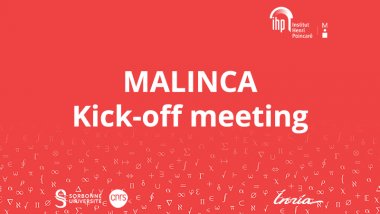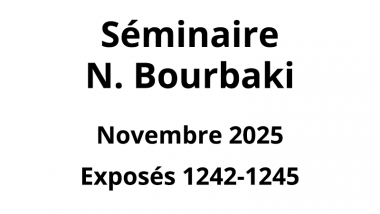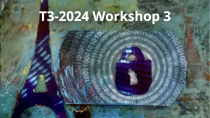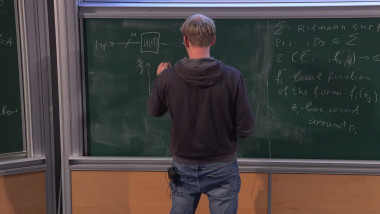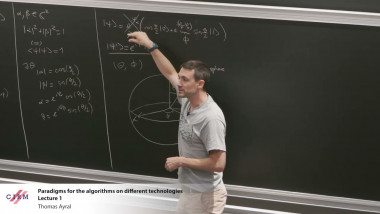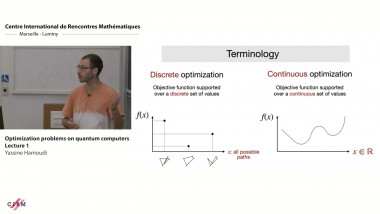The Role of Piracy in Quantum Proofs
A well-known feature of quantum information is that it cannot, in general, be cloned. Recently, a number of quantum-enabled information-processing tasks have demonstrated various forms of uncloneability; among these forms, piracy is an adversarial model that gives maximal power to the adversary, in controlling both a cloning-type attack, as well as the evaluation/verification stage. Here, we initiate the study of anti-piracy proof systems, which are proof systems that inherently prevent piracy attacks. We define anti-piracy proof systems, demonstrate such a proof system for an oracle problem, and also describe a candidate anti-piracy proof system for NP. We also study quantum proof systems that are cloneable and settle the famous QMA vs. QMA(2) debate in this setting. Lastly, we discuss how one can approach the QMA vs. QCMA question, by studying its cloneable variants. This is a joint work with Anne Broadbent, Supartha Podder and Jamie Sikora.

